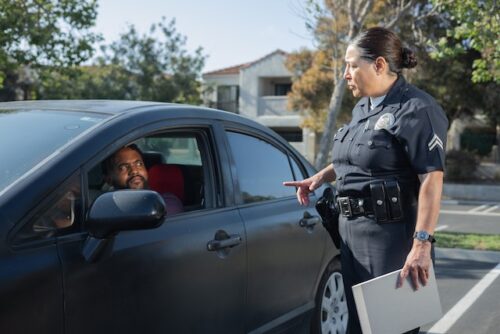
The fourth amendment protects you from illegal search and seizure. This means that the police cannot simply come onto your property and start looking through your belongings. If you think that the cops violated your right to privacy when they searched your property and charged you with a crime, you may have legal recourse. A Memphis criminal defense attorney from our firm can help you learn more.
What Should I Do If Police Ask to Search My Property?
If the police ask to search your property, you should tell them to get a search warrant. A warrant is a legal document signed by a judge that gives the cops permission to look for evidence or something illegal.
The thing about warrants is that they are not a blank check for the cops to do whatever they want to. Not only does a cop need to show the judge that they have probable cause, but the judge can issue a warrant that is specific in its scope.
Can a Warrant Limit What the Cops Can Look For?
So a warrant can limit what the cops are searching for. If they suspect that someone has drugs in their car, they can get a warrant to search the vehicle for drugs and paraphernalia. If they suspect that you have illegal weapons in your garage, they can look for them. A warrant that allows them to look through your vehicle, your home, or a shed in your backyard may not give them permission to access other parts of your property.
What Are the Limitations to My Right to Privacy?
You should know that there are some times when you do not actually have a reasonable expectation of privacy. When you take your garbage out to the curb, it is no longer in a private home. If cops find something incriminating in your trash, they are allowed to use it as evidence against you even if they did not have a warrant to search your property.
It is also important to note that cops can discover evidence of other crimes while they are searching for something else. If there is something illegal in plain sight, it can probably be used as evidence against you even if the search warrant did not cover it.
What Should I Avoid During or After a Search?
During or after a search, you should try to avoid speaking to the cops. This is especially true if they find anything illegal. You have a right to remain silent and you should use it.
Let a criminal defense attorney can communicate on your behalf. If you try to speak to cops on your own, your words could be twisted. They can find something to use against you.
Talk to Our Criminal Defense Attorneys Today
If you are facing criminal charges and you believe that your rights have been violated, you do not need to fight back on your own. Contact Ballin, Ballin & Fishman, PC and talk about your legal options. Once we learn a bit more about your case, we can tell you more about what we can do to assist you.
